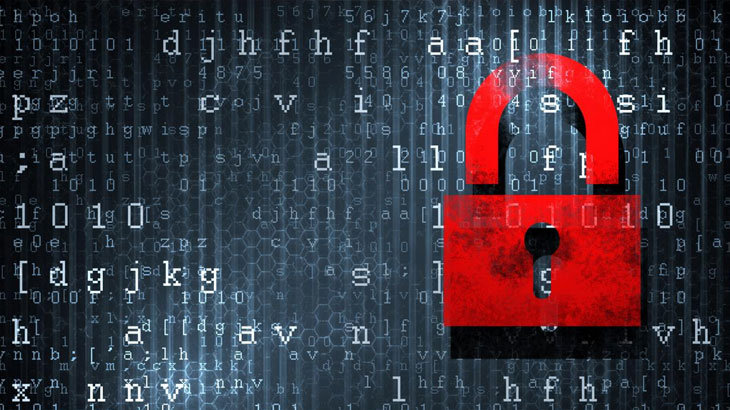There always seems to be a new breach or security gap being reported. Most recently, Fox News confirmed 12 hotels experienced a credit card breach. Other breaches include leaked passwords, usernames, and email addresses. But how does this impact you?
Companies Hacked – Were You Impacted?
It depends on the breach. If your credit card information was breached, many times the company who was in possession of the payment information will offer a free credit monitoring service, so victims are able to adequately monitor their credit. This will help identify any credit card fraud as early as possible.
To complicate things, when usernames or email addresses are stolen, it may impact multiple accounts — not only the breached one. For instance if you use the same username or email address to access multiple accounts. This leaked data could prove to be quite useful for a hacker. For example, the email address I use for my LinkedIn account, may be the same as what I use for my Amazon and Google Drive accounts. This same logic applies for usernames. Now lets consider if your password was stolen too. Now the hackers have access to countless accounts, because several people use the same password for multiple, if not all, of their password requirements. So the breach of Company A, now impacts your security for accounts with Company B, C, D and E.
Doing Your Part
So how do you avoid breached information? Honestly, there is little you can do once your information is provided to various organizations. Essentially, it is up to the company to keep that information secure. However, since we have to provide usernames, email addresses, passwords and payment information (when necessary for a transaction), here are a few tips you can implement to decrease the impact of a breach:
- Create a “junk” email address to use. You create it like any other email address you have, but use it only for certain accounts. For example, you could create an email address of [email protected] and use it for your social media accounts, or even all of the websites that request an email address while your browsing their website. That way, this email address is not tied to any pertinent accounts, such as your bank or credit card websites.
- Stop using the same password for multiple accounts. We all know you’re still doing it. To be honest, I am too. The madness has to stop!!! Believe me, I’m just as disgusted with the idea of remembering 47 different passwords, with capital and symbol icons mixed in. However, there are ways to keep your passwords safe, and accessible. One of these tools is a password manager. Don’t know which to use? PC Mag recently review the best password managers of 2017 — here are their results.
- Don’t use the same username to login to multiple accounts.
- When using your credit card information online be sure you’re using a secure internet connection — NOT public WiFi. Also, confirm the website is secure (https://).
How Do You Know If Your Data Was Leaked?
Don’t know if your information has been hacked? You can go to this website: https://haveibeenpwned.com/ and find out if your email is still secure or if it has been breached.
Also, keep a close eye on credit card statements. There have been a handful of times that I’ve seen a $1.00 transaction from an unknown business on my statement. Although it’s just a buck — I dispute it every time. Perhaps I’m jaded from constantly reading and writing about scams, but I always think its a scammer waiting to see if it will go through, and if it does — BAM lets charge $3,000 worth of stuff!! Not on my watch, buddy, not on my watch!
Lastly, the company should notify you if your information has been hacked. This however, typically does not occur in a timely manner. So again, stay on your toes! Keeping an eye out fraudulent transactions, emails you didn’t send, or access to accounts from different IP addresses. Many accounts will send you an email stating an account has been accessed from an IP address near a specific town/city. If this was not you, or an authorized party, change your login credentials for this account.




